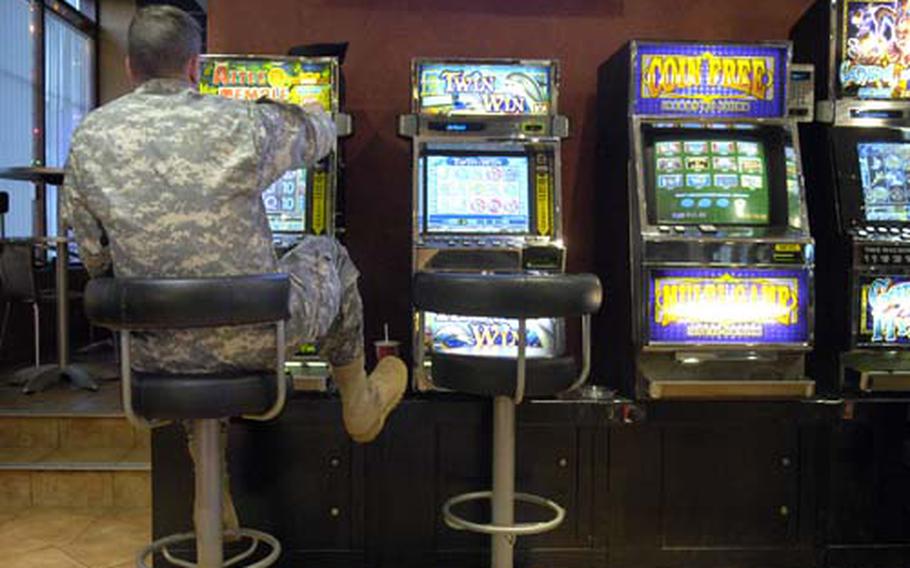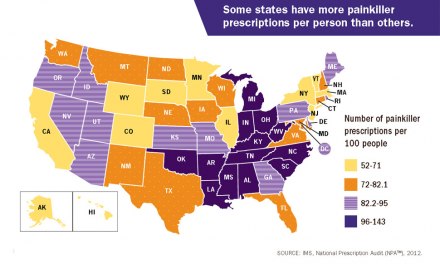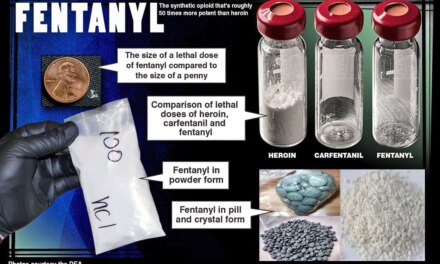Here’s another emerging crisis that America appears to have largely ignored: a dramatic increase in gambling. The US Military is no exception. A recent article:
‘Gambling addiction on steroids’: fears of betting crisis at heart of US military
My first exposure to compulsive gambling was long ago, as a sports fan reading lurid stories about the downfall of Art Schlichter, the celebrated Ohio State and NFL quarterback. If you’re not already familiar with it, I’m afraid it won’t serve as an inspirational tale of recovery. It’s more along the lines of a gifted individual’s fall from grace. Gambling was the driving force, but drugs and alcohol are mixed in, too. As they so often are, in real life.
By the way, Schlichter was arrested — again— this past February.
Ex-Colts QB Art Schlichter is pulled over, hands officer crack pipe while on probation
Like others with addictions, the compulsive gambler struggles mightily to regain control over their own behavior.
One woman, I’ll call her Gloria, came up with the strategy of doubling her OCD medication during a trip to the casino, as a way to prepare herself to exercise control over her impulses. It wasn’t much of a success; her family reported that her losses over a two-year period ran well into six figures.
It’s easy enough for a clinician to screen for gambling disorders – as the article notes, you need only 3 questions. Yet too few practitioners take the time. Maybe they’d rather not know the answer. “So my patient has a problem, what am I supposed to do about it?” complained one social worker. “I’m not an expert on gambling. I wouldn’t even know where to refer them.”
As for the military: I had no trouble grasping how young people, away from home for perhaps the first time, with too little to do when off-duty, might welcome the diversion provided by gambling. The article makes it clear that the military hasn’t always discouraged this.
I suspect they may be regretting that now.
A quote from a former soldier, himself in recovery: “[In the military] You’re taught from day one, leave your problems at the door [so] even when they fall into addiction, the mentality is ‘I have to fix this on my own. I have to keep this to myself.'”
“One of the tenets of gambling addiction is chasing losses… You add the warrior mentality to that, and you’ve basically got gambling addiction on steroids.”
The military was one of the first large institutions to acknowledge and address its problems with cocaine use. Let’s hope they’ll prove to be equally proactive with gambling.













